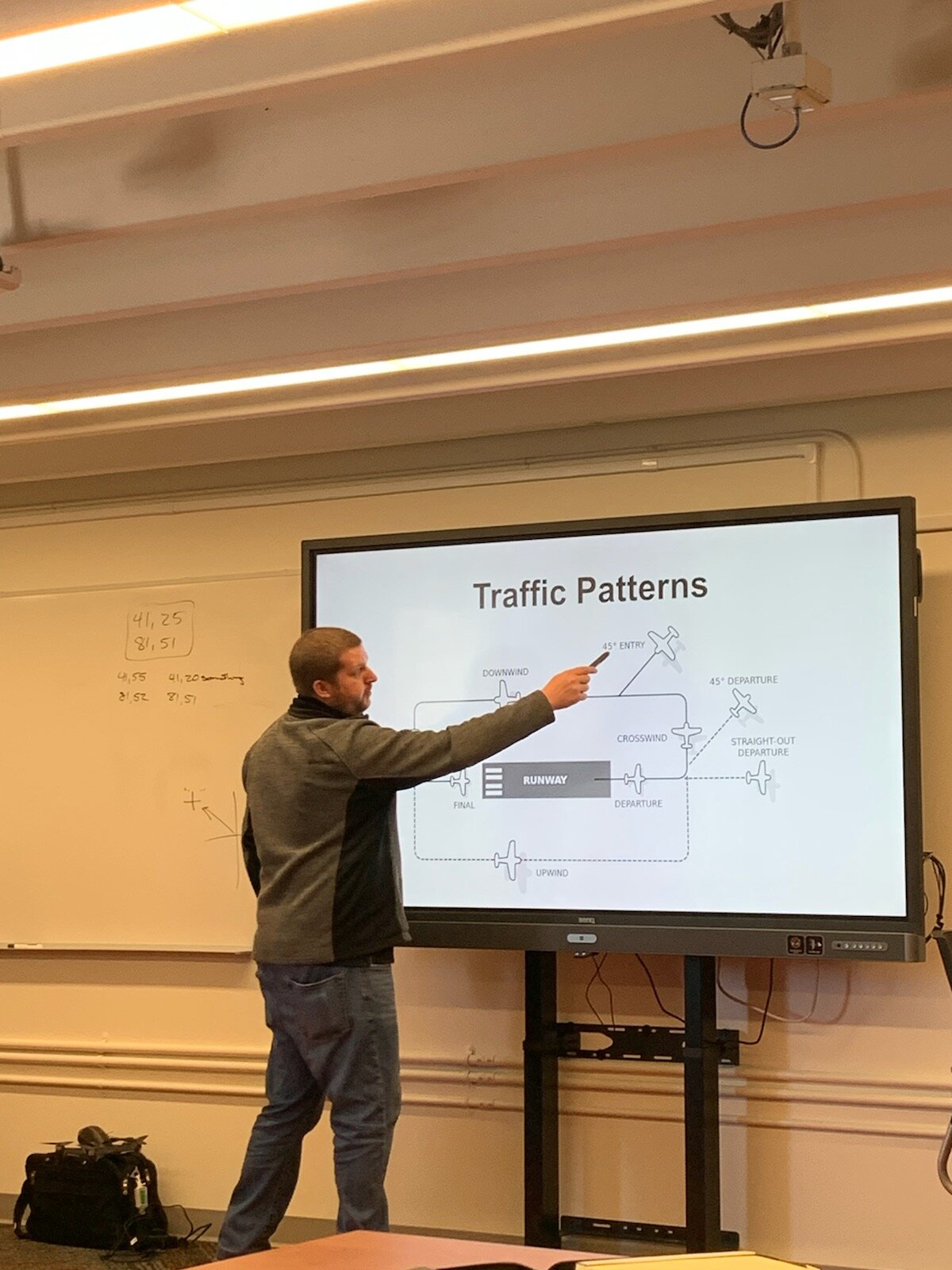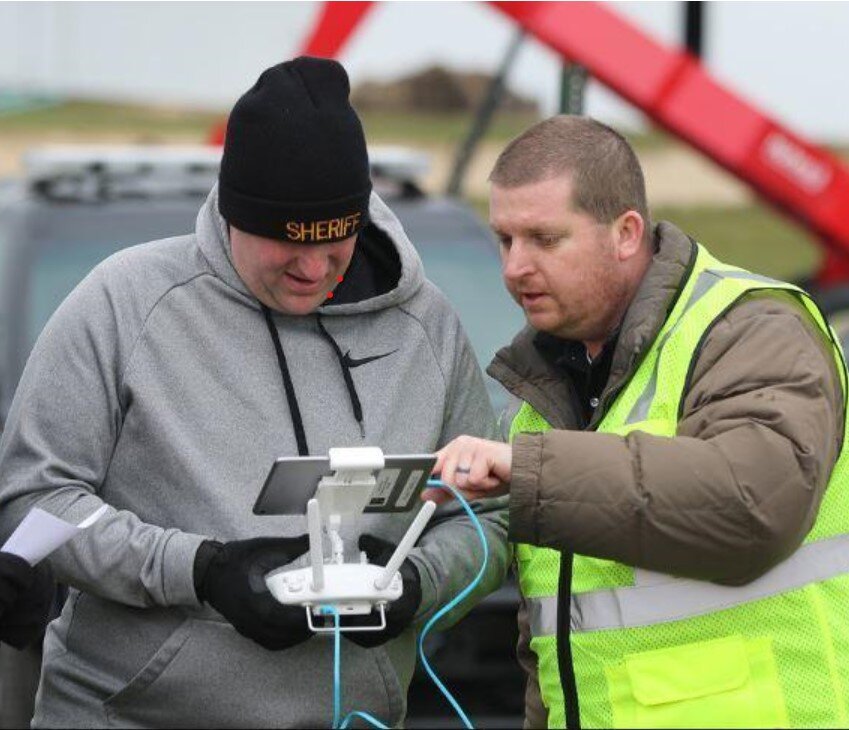Technology is constantly changing the nature of work, and nowadays even more so in non-technology-focused industries. Drone technology is one of those technologies, as it is disrupting established industries like surveying, construction, real estate, land development, asset management, telecommunications, and is being used as a new tool in disaster response, police, firefighting, agriculture, forestry, wildlife management, insurance, media, and many others. You can read about the current state of the Drone Industry and its development in this 2021 Drone Market Report Snapshot.
Why are these industries using drones?
Drones made aerial videography and photography more affordable to use in TV, Film, marketing, and advertising.
Drone technology enables more efficient operations through cost-cutting, project transparency, and site visualization for improved communication.
Drones improve the safety aspect of operations: for example, not having to have people climb facades of the buildings, cranes, or cell phone towers as much, and assess the crime or a disaster scene for response planning without putting first responders in danger – this can be achieved with a drone!
Drones can also uncover new value for businesses when they find a way to use a drone in innovative ways: for example, in forestry, it is a new way to assess the health of a forest/vegetation area – you can even count the trees when the collected visual data is processed through photogrammetry software! In package delivery, drones may solve last-mile delivery challenges and can access remote or dangerous locations. And there are many more use cases to come as the drone industry is experimenting and implementing them in their workflows!
So, is your business ready to embrace this new technology to stay competitive and realize potential benefits? Is your workforce ready to use these new tools?
Investing capital and people resources into learning and implementing new technology at a workplace can be costly, however, not investing can cost a business more (or even put them out of business) if it doesn't embrace a technology that is being rapidly implemented in their industry.
The good news is that in Ohio the state government is committed to helping local workers and employers to get the new technical skills they need in order to stay competitive in this technology-driven reality. The state of Ohio has established the TechCred program that helps Ohioans learn new skills and help employers build a stronger workforce with the skills in a tech-infused economy by reimbursing them for the training.
TechCred is a program for Ohio employers that have identified new technology skills needed for employees, and if that technical skill is on the approved TechCred ‘credential’ list, they can nominate employees to go through the training to learn this skill. Once the employee is enrolled in a listed technology ‘credential’ short-term course with a credential provider they can either earn a technology certificate through taking the course or pass a standardized test with a certification after completing the course. After the employee has ‘earned’ the credential, the employer will get reimbursed for the cost of the employee training in the course.
And yes, drone skills are on that 'credential' list as FAA Drone Technology UAS! So, if you think your employer can benefit from you learning drone skills and getting trained to become a certified drone pilot by taking and passing the FAA Part 107 Drone Pilot License Test (you can read more about this license in our Drone Pilot License blog post), you should bring this program to their attention and encourage them to apply on your behalf!
How much does it cost to earn the Drone Pilot License? Through TechCred you would have to take a course that would run $499-$1000 (the cost of this course can get reimbursed to the employer by the TechCred program), plus the cost of the test itself, which is currently $175 (you have to pay it every time you take it, so it is worth to take a course and study to ensure passing the test).
Once you earn your commercial drone pilot license your value to the employer may increase and you can even use this credential to help with finding employment in the future.
Or, if you are an employer (manager) in an industry that is rapidly embracing drone technology (watch our Drones for Business Information Webinar - video below - to learn more about drone uses in various industries), you can identify employees who would be a good fit to earn their drone pilot license and enroll them in an appropriate course that gets them ready to fly drones and pass the FAA Part 107 Drone Pilot License Test.
Drone Applications For Businesses - Pre-recorded Informational Webinar
V1DroneMedia’s Chief Pilot Jason Damman (you can read his bio on the About page) has been teaching first responders to fly drones in the Cleveland area for the last 4 years and recently started teaching the same course at the Lorain County Community College, which is on the credential list as the FAA Drone Technology UAS credential provider through TechCred. Check out our Drone Training and Events page for the upcoming training to enroll yourself or your employees, sign-up for e-mail notifications about classes, and check out our TechCred page to learn what courses we provide through the Ohio TechCred program to get acquainted with how it works and to get started with your application to get reimbursed!


